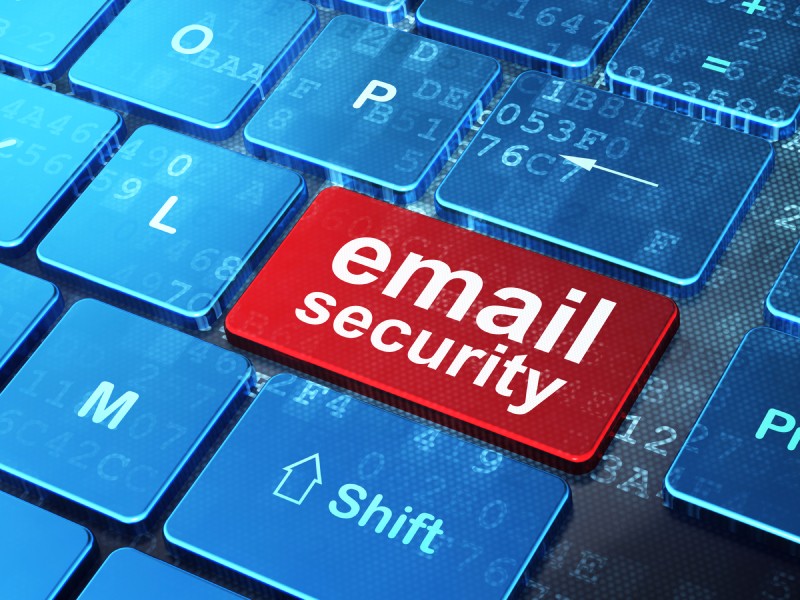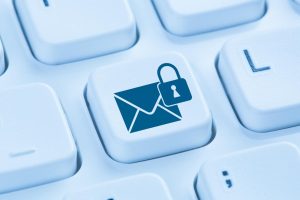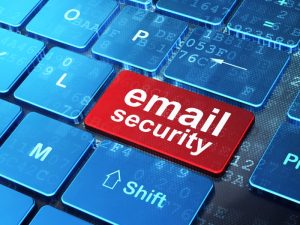Compromised emails can include a variety of malware such as adware, trojan horses, ransomware, and spyware. From targeted phishing messages that bypass weak spam filters to the exploitation of easy-to-guess passwords, cybercriminals can take advantage of a wide array of account vulnerabilities.
Email accounts if accessed by hackers can provide valuable information they can use to their advantage, from company finance documents to lists of contact names to hone spear phishing assaults.
Sending emails is an integral element of every business’s communication strategy, so it’s vital that the most secure approach to sending and storing is always employed. The following is a series of simple security practices you can observe to keep your dedicated personal and work email accounts secure.
Adopt unique passwords with exceptional strength
Regularly examine your passwords and update how strong they are if necessary. Without previous knowledge, a secure password cannot be guessed. Cybercriminals employ password cracking software that can attempt millions of different combinations, so the more complicated the password the longer the decoding process takes.
Some tips for strengthening your password include using a mix of lower and upper-case letters injected with random numbers that do not form recognisable words and avoiding well-known letter, number, and special character substitutions. For example, don’t use an ampersand to represent a letter “a” or a numeral one instead of the letter “I”. Never employ personal information, such as the name of your company, place of birth, date of birth, or mother’s maiden name.
Use multi-factor authentication
Employing multi-factor authentication (MFA) on an email account can add more layers of defence to your inbox security. Many email clients have built-in MFA, allowing you to simply enable it.
MFA makes hacking a more difficult, as even if operators acquire your username and password, they will be stopped by a request for a code sent to another of your personal devices.
Stay alert for phishing emails and suspect attachments
The best defence against phishing is to keep informed of the latest tricks employed by hackers and learn to identify their methods. Emails written with bad grammar, demanding urgent action, requesting personal or financial details, or insisting you click on links can all be signs of a phishing attack.
Requests for money or private and confidential information are common, but also be mindful of any attachments and never download them, as these can often include a wide range of malicious software that will infect your device and may spread across your network.
Employ encryption software
Finally, should the worst-case scenario occur and your email is infiltrated by an unwanted entity, wouldn’t you like them to be unable to read your messages? Encryption can act as a powerful ally against cybercrime and data leaks, rendering emails stored or sent entirely unintelligible to malicious operators. The secure platform from Galaxkey uses easy to employ encryption that provides a three-layer complexity to confound hackers and ensure your inbox stays safe. It also delivers a vast suite of secure email tools to ramp up your safety measures. Contact our expert team today for comprehensive email protection.



